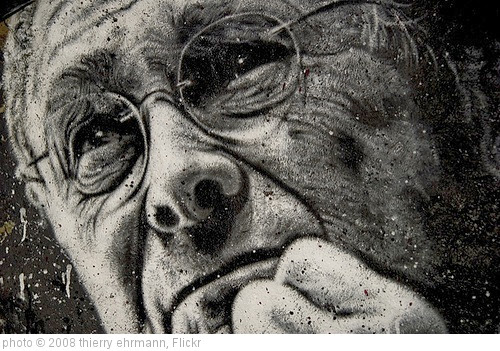Yesterday, I posted about Part One of Errol Morris multi-part series in The New York Times on The Certainty of Donald Rumsfeld (see “Unknown Unknowns” & The Potential Of An Exceptional Theory Of Knowledge Lesson).
Part Two just came out, and it’s as good as Part One.
Here’s an excerpt:
The known known, the known unknown and the unknown unknown seemingly have straightforward interpretations. Or do they? Things we know we know — like the name of the president of the United States or the capital of France. And things we know we don’t know — like the exact population of Kathmandu. (I know I don’t know it.) Things we know we don’t know but we can look them up, say on Wikipedia. Like the atomic number of tungsten. (It’s 74. I just looked it up.) Or things that we know we don’t know but need to be investigated. (Who killed JonBenét Ramsey? I don’t know, but someone probably does know — the killer? — although I know I don’t know who that person is.) Things that our enemies know but may not be known to us. (How many atomic warheads are there in North Korea?) And then, of course, there are the things I once knew but can’t remember. It goes on and on and on. It begs us to answer the question what does it mean to know something? Or to know that we know something? Or to know that we don’t know something? Doesn’t it depend on evidence?




Recent Comments